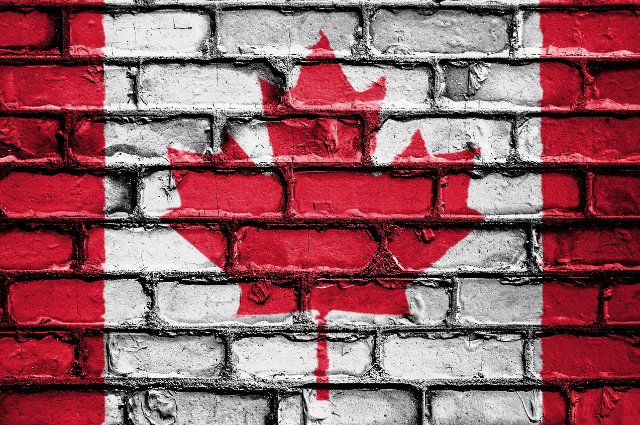
Image by David Peterson from Pixabay
A gleaming evening of June 2023. A prominent Sikh separatist leader is seated in his truck outside a Gurdwara. In a trice, bullets lacerated the layers of glass. The soul of a separatist movement was harpooned.
A ticking time bomb that finally went off best explains the bilateral relations between India and Canada. The fraught ties were saturated post the murder of Khalistani separatist leader Hardeep Singh Nijjar in June 2023 and has since reached the breaking point as both countries expelled each other’s foreign diplomats.
How has Canada become “the melting pot” of diplomacy? Canada is home to the world’s largest Sikh population after India. The Khalistani movement—a separatist movement demanding a nation or ‘Khalistan’ for the Sikhs—started in the twilight years of British rule . The movement added several dark chapters to the post-Independence history of India including Operation Blue Star, which targeted Sikh militants occupying the holy Golden Temple.
AFTERMATH OF NIJJAR'S KILLING: SOURING RELATIONS
Fast forward to September 2023. Justin Trudeau, addressing the Canadian Parliament, spoke about a “potential link between agents of the Government of India” and the killing of the Sikhs for Justice leader.” The smoldering coal reignited. India couldn't let the comment pass. And why should they? “Absurd”—thus was their brief and swift response. The two nations expelled one diplomat each as well.
Earlier this October, digging the knife in deeper, Canada announced the expulsion of six Indian diplomats, including India's High Commissioner, saying “the RCMP gathered ample, clear and concrete evidence which identified six individuals as persons of interest in the Nijjar case.” India, yet again, refuted the allegations, terming them “deliberate strategy of smearing India for political gains.” Moreover, the country didn't shy away from expelling six Canadian diplomats. While Trudeau reiterated his stance on assassination attempt, he failed to produce concrete evidence while testifying before a foreign interference inquiry, stating that there was “no hard proof.”
INDIA-CANADA: THE STORY AS IT STANDS
Canada, in May, arrested three people in connection with Nijjar's killing. However, they have yet to produce evidence to substantiate their claims. Nevertheless, Canadian officials claimed to have evidence linking the involvement of India's Home Minister Amit Shah in committing organised crime. The allegations also point to jailed gangster Lawrence Bishnoi. As reports suggest, the Indian government conspired with the Bishnoi gang in running a network to exterminate dissidents on foreign land.
Be it Trudeau's 'struggle for survival' or India's 'elimination of enemies,' we are not sure. But, what is apparent is the exacerbation of acts of hatred.
GROWING BALKAN TRENDS
A close examination of global crises signals an increasing affinity for Balkanisation. Deafening noises calling for division in the name of ethnicity, race, language, religion, and many others envelope the world. Look at what's happening around Gaza. While Israel tries to amass territories and Palestine battles to defend their interests, neither seems to be capable of embracing diversity. The great Kashmir conflict underscores intolerance among different communities. In addition, there is an irony underlying every call for secession: there's growing division but all seek to “grow” through division.
SOLUTION?
Ideological polarisation is a malignancy without remedy. It is what ultimately leads to the call for a separate state. Those with big territories do not want to give up their resources. But they certainly wouldn't want to entertain differences either. Consequently, plurality is suppressed and tensions unfold. This begs the question: Is unity unattainable in heterogeneity? As outcries for division continue to bug, it is imperative that communities across the globe work together to assemble a framework for harmonious existence. In these times, when human-AI coexistence is widely discussed, what progress have we achieved if we are battling to overthrow each other?
